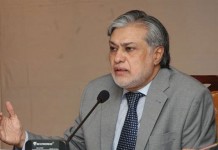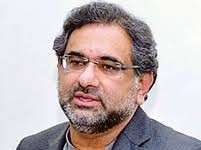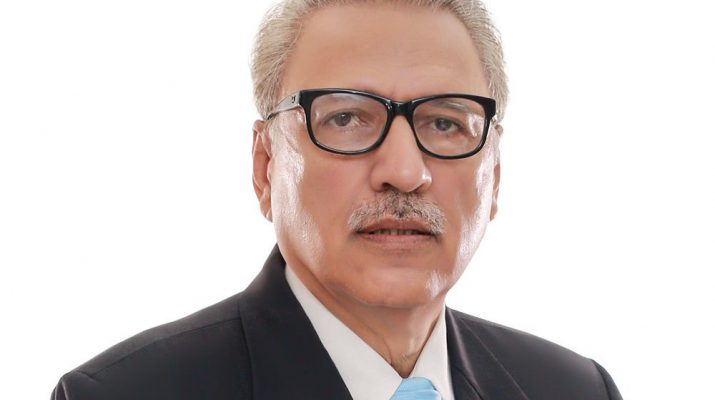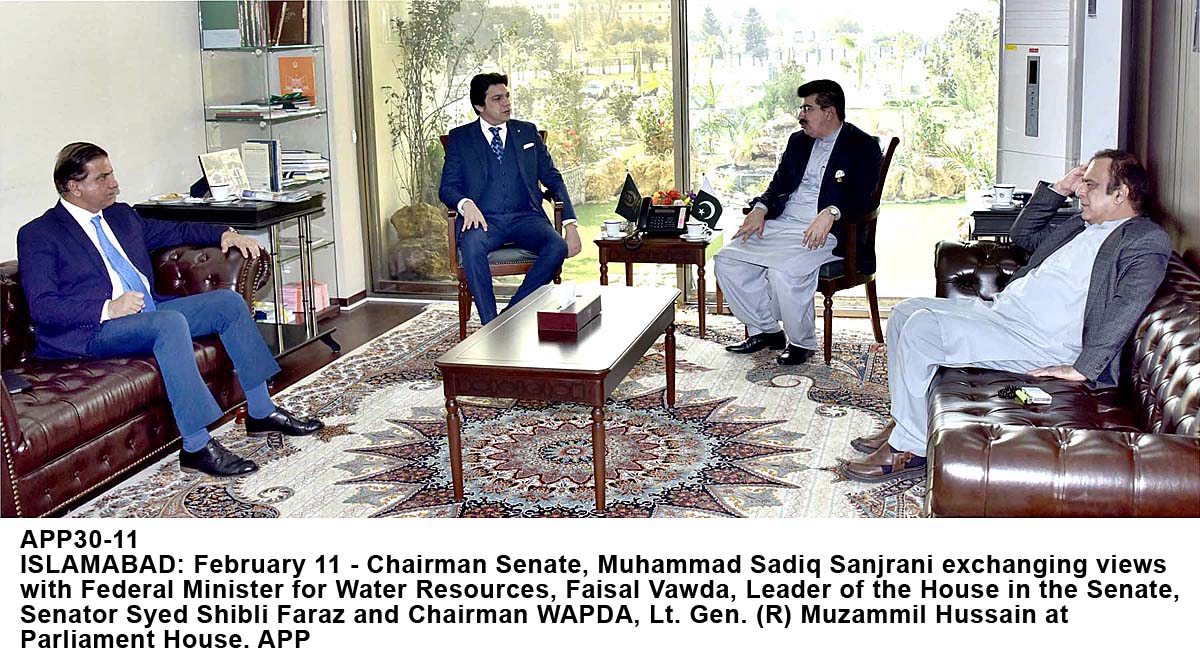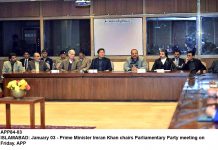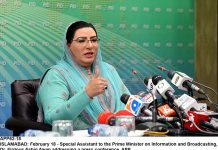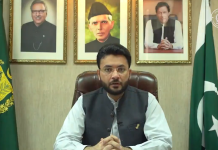PESHAWAR, Sep 03 (APP): Amidst the ongoing struggle to combat poverty in rural Pakistan, the story of Fawad Khan from Nowshera district stands out as a beacon of hope and resilience for many unemployed youth.
At just 28-year-old, Fawad’s journey from unemployment to becoming a successful milk seller highlights how a simple business could transform the lives of youth of Pakistan. After completing his matriculation, Fawad faced the harsh reality of unemployment, a challenge that many in rural areas of Pakistan are grappling with.
Determined to provide a better life for his family, he ventured into the milk business, a decision that has since proven to be life-changing. “Initially, I struggled with unemployment after completion of my matriculation,” Fawad recounted in an interview with APP. “But diving into the milk business was a turning point for me. It allowed me to earn a decent livelihood and support my family besides fulfilling the education and other essential expenses of my relatives.”
Fawad’s daily routine begins before dawn as he travels to various villages, including Mohib Banda, Amankot, and Dheri Mian Ishaq for collection of milk from local livestock owners. The collected milk is then sold throughout the day, often extending into the night. His dedication and hard work have paid off, allowing him to earn a reasonable income.
Describing the milk business as highly profitable, Fawad said that he collects about 20 kilograms of milk daily, purchasing it at Rs200 per kilogram and selling it for Rs240 per kilogram meaning by earning Rs40 per kilogram.
The success of his venture has not only improved his financial situation but has also enabled him to secure a visa for his brother, Akhtar Ali, to work in Dubai. Encouraged by his achievements, Fawad is now planning to further expand his business. He intends to open a new shop in the main bazaar of Pabbi, which he hopes will boost his income and create additional opportunities.
Fawad Khan’s story exemplifies how small-scale businesses like milk selling can play a crucial role in alleviating poverty in rural regions. His success underscores the potential of local enterprises to drive economic development and improve the quality of life in underserved areas.
To promote livestock and dairy development in KP, the then Govt had launched three mega projects worth Rs3,214 million under ‘National Agriculture Development Program’ worth over Rs309.7 billion, which played key role in alleviation of poverty, increase meat and milk production in the province.
These gigantic projects include ‘Poverty Alleviation Through Development of Rural Poultry’ amounting to Rs.834 million, Save the Calf worth Rs1,554 million and Feedlot Fattening Programme of Rs826 million, which provided much-needed relief to price-hike stricken people, women, persons with disabilities and under-privileged segments of society.
Gul Bibi, a poor housewife and mother of nine children at village Chamkani, Peshawar is among thousands of poor people and women benefited from a poultry project in KP. “I received 12 poultry birds including 10 hens and two cocks from the livestock department under the national poultry program, which made me financially stable,” she told APP.
“I collect about six to eight eggs daily from my 10 hens out of which my children consume four eggs at home and sell the remaining at rate of Rs30 per egg these days, thus earning around Rs3,000 per month with no feeding expenses,” the 52 years-old lady pushing chicken’s to shed to protect them from heat told APP.
She operates a poultry farm on the roof of her four-marla house for the last three-year besides rearing a buffalo to financially support her family, Gul Bibi said, “this is a very good scheme for poor people and she feel proud to support my husband, who is working in a factory to meet the education expenses of her children, dowry for daughters’ marriages and kitchen needs.”
Asal Khan, Director General, Livestock and Dairy Development Department Extension KP said that milk business has great potential in Khyber Pakthunkhwa and the department was encouraging it due to its vast employment market at rural areas besides financial laurels.
Declaring dairy is one of the major sub-sector of agriculture, he said this sector contributes, along with livestock, about 60.6% of value added agriculture and 11.7% of the total GDP. Pakistan is ranked as the 4th largest dairy producer in the world and about 97% of the milk consumed is in fresh form and remaining 3 % is processed (UHT) in Pakistan.
The average milk production in Pakistan for the past 10 years has remained around 50 million tons with highest milk production in Punjab and Sindh provinces, followed by KP, and Balochistan. The estimated production of milk in Punjab is about 63%, Sindh as 23%, KP as 12% and Balochistan as 2% of the total milk production in Pakistan. The country’s milk is being preferred at Afghanistan, Saudia Arabia, UAE, Hong Kong China and Tajkistan, said Asal Khan.
“The main objective of the Livestock and Dairy Development Department (Extension) is to alleviate poverty by improving the socio-economic condition of farmers through enhancing the productivity of their livestock in terms of milk, meat and other livestock products.”
He said livestock sector of our province has great potential of making contribution to poverty alleviation but this potential is still untapped. He said the major constraint in making meaningful efforts for enhancing per animal productivity are the farmer’s shyness to adopt improved farm practices and the investors’ reluctance to invest in the sector both mainly lack of access to the required information.
Keeping in view of the above challenges, he said the department has established Information Cell at Peshawar for efficient dissemination of the needed information to all stakeholders in the province.
An official website of the department was launched for education and information of milk sellers and farmers and hoped that the information once put on the website shall contribute in bringing about desirable changes in the knowledge, attitude and skills of the livestock stakeholders across the board.
Dr Asal Khan said that work on five new mega projects including genetic improvement through cross breeding of quality breed, community meat and dairy development project, establishment of veterinary dispensaries in rented buildings, establishment of environmentally controlled poultry housing shed systems and setting up state-of the- art veterinary university helped bring positive improvement in people’s lives.
He said the number of an endangered Azakheli buffalo were increased at Madain and Khawazakhel Swat after a substantial number died during 2010 devastated floods and 2008-09 militancy in Swat, resultantly, the meat and milk production besides income of poor people was adversely affected in different districts of Malakand division.
The cooperation of masses, district administration and livestock owners was imperative to counter challenges of milks’ adulteration, processing and marketing, genetic and breed improvement of different livestock besides checking prices and quality of meat in the open markets.
Dr Asal urged consumers to bring milk adulteration in Govt notice if found so that prompt action could be taken against the accused.
مضمون کا ماخذ : جادوئی اسپن
